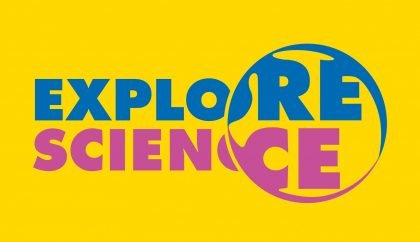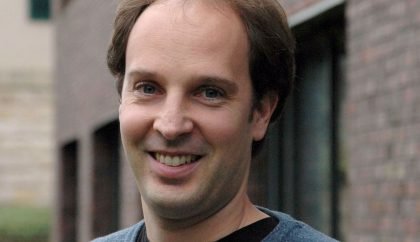
Tracking down the origins of gold
The European Research Council has awarded HITS astrophysicist Andreas Bauswein an ERC Starting Grant worth approximately 1.5 million euros. Using computer simulations, …

Noisy cell membranes
Rapid information transfer is vital for the inner workings of body tissues. With computer simulations, researchers from Colombia and Germany found …

HITS: Call for “Journalist in Residence” in 2018 and 2019
Are you an experienced science journalist? Would you like a change of scenery and the chance to escape your daily routine? …
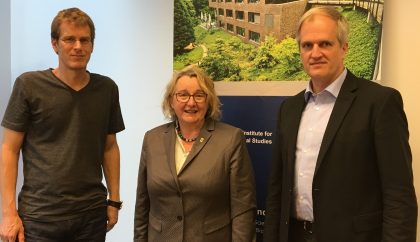
Digitale Mündigkeit und Bürgerrechte
This content is only available in German. Wissenschaftsministerin Theresia Bauer und netzpolitischer Sprecher Konstantin von Notz (Grüne) zum Informationsbesuch am …
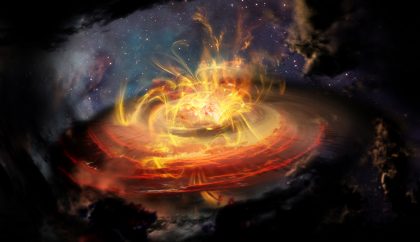
Protected: Chaotically Magnetized Cloud Is No Place to Build a Star, or Is It?
U.S. astronomers and astrophysicists found that stars can emerge from a wider range of conditions as previously thought. For their …
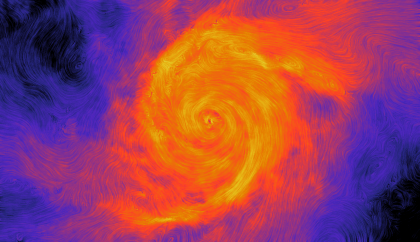
“Auriga” project helps uncover the history of galaxies
A research team led by HITS scientist Robert Grand ran 36 simulations of Milky Ways on German supercomputers, for the first time …
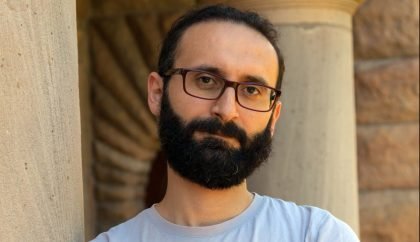
Young Researcher´s award goes to HITS doctoral student
Mehmet Ali Öztürk, PhD student at HITS and at the Hartmut Hoffmann-Berling International Graduate School of Molecular and Cellular Biology (…
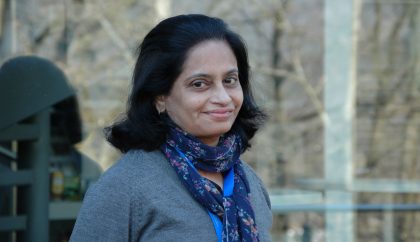
Against the odds: Indian science and science journalism (plus video)
T.V. Padma (Delhi / India), science journalist and HITS Journalist in Residence 2017, will speak about the challenges and chances for scientists …
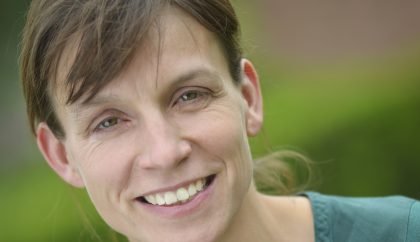
Nacre in the supercomputer
HITSter Frauke Gräter wins the 2nd PRACE Ada Lovelace Award for HPC Serge Bogaerts, Managing Director of PRACE aisbl is …

